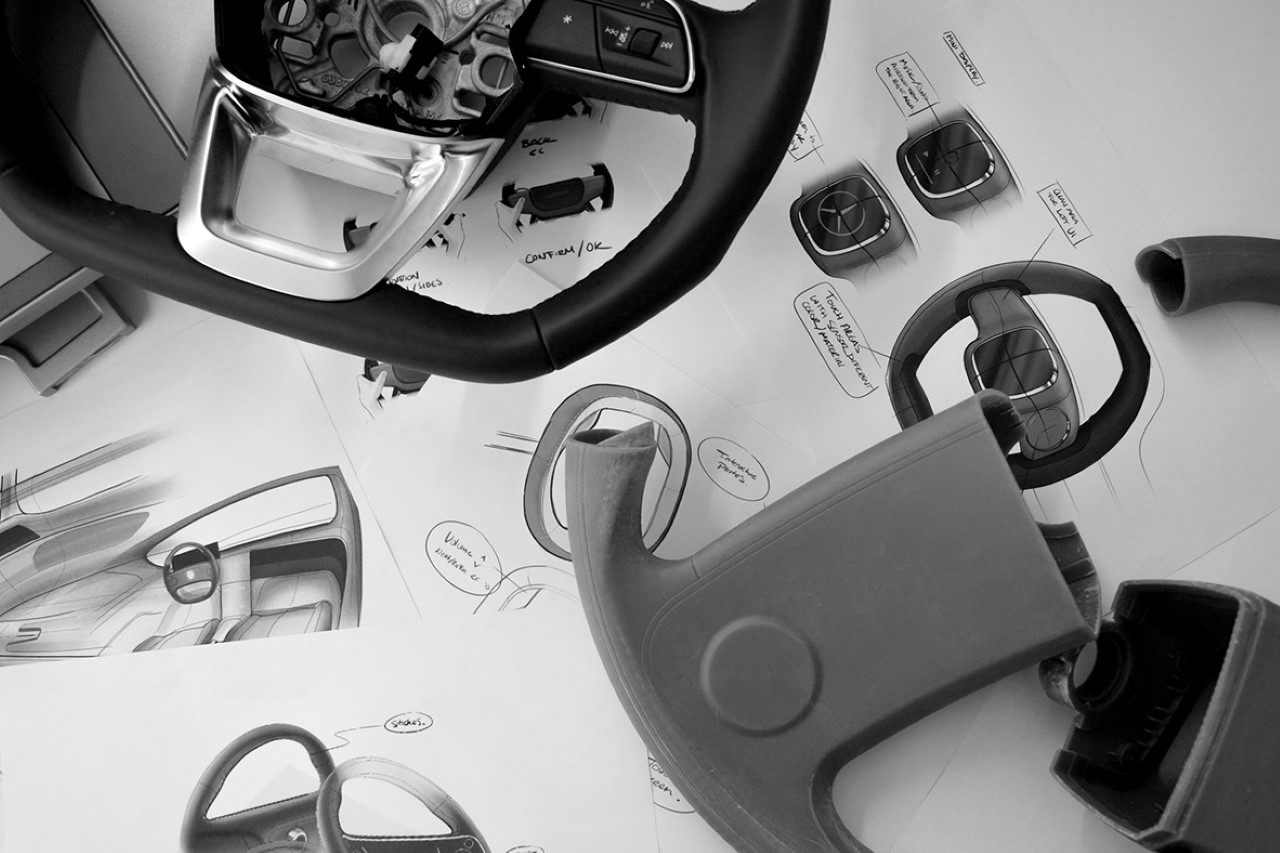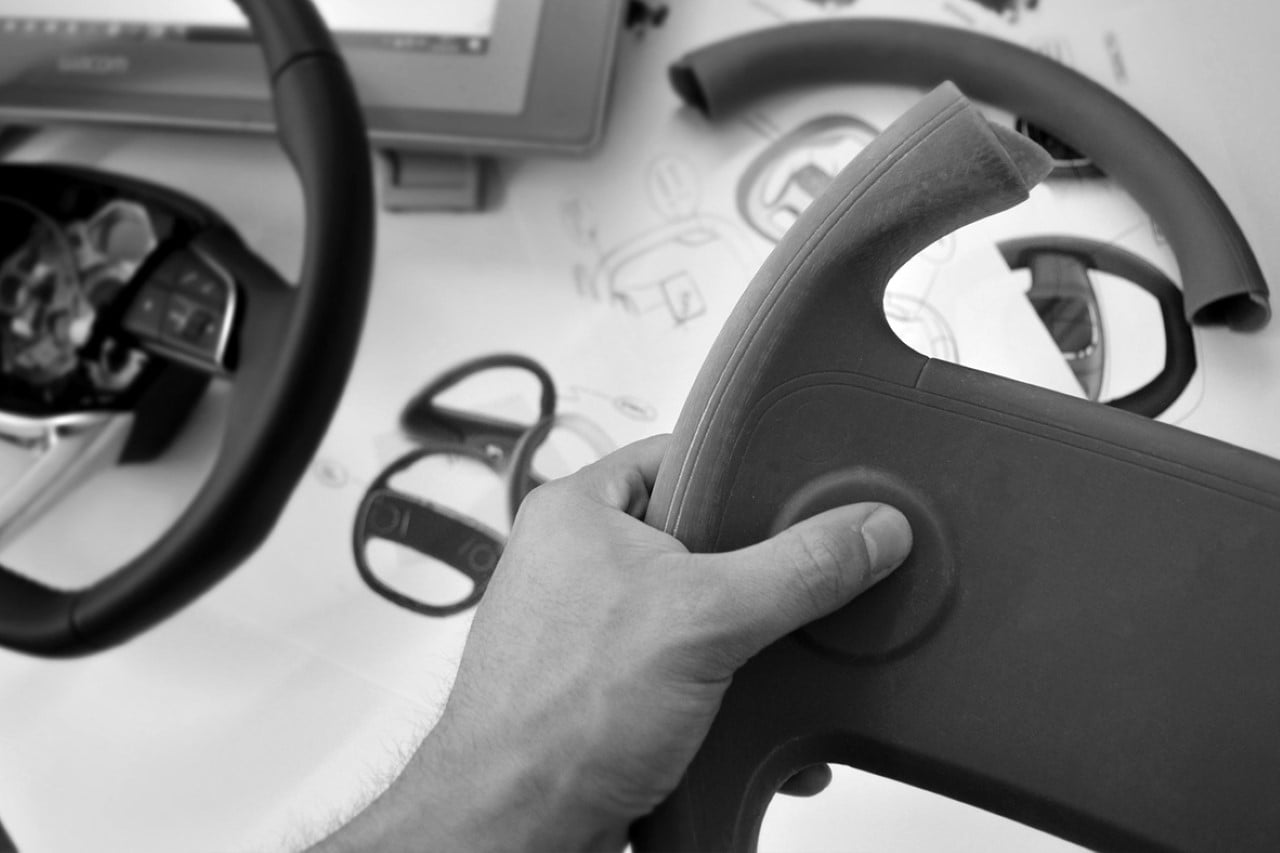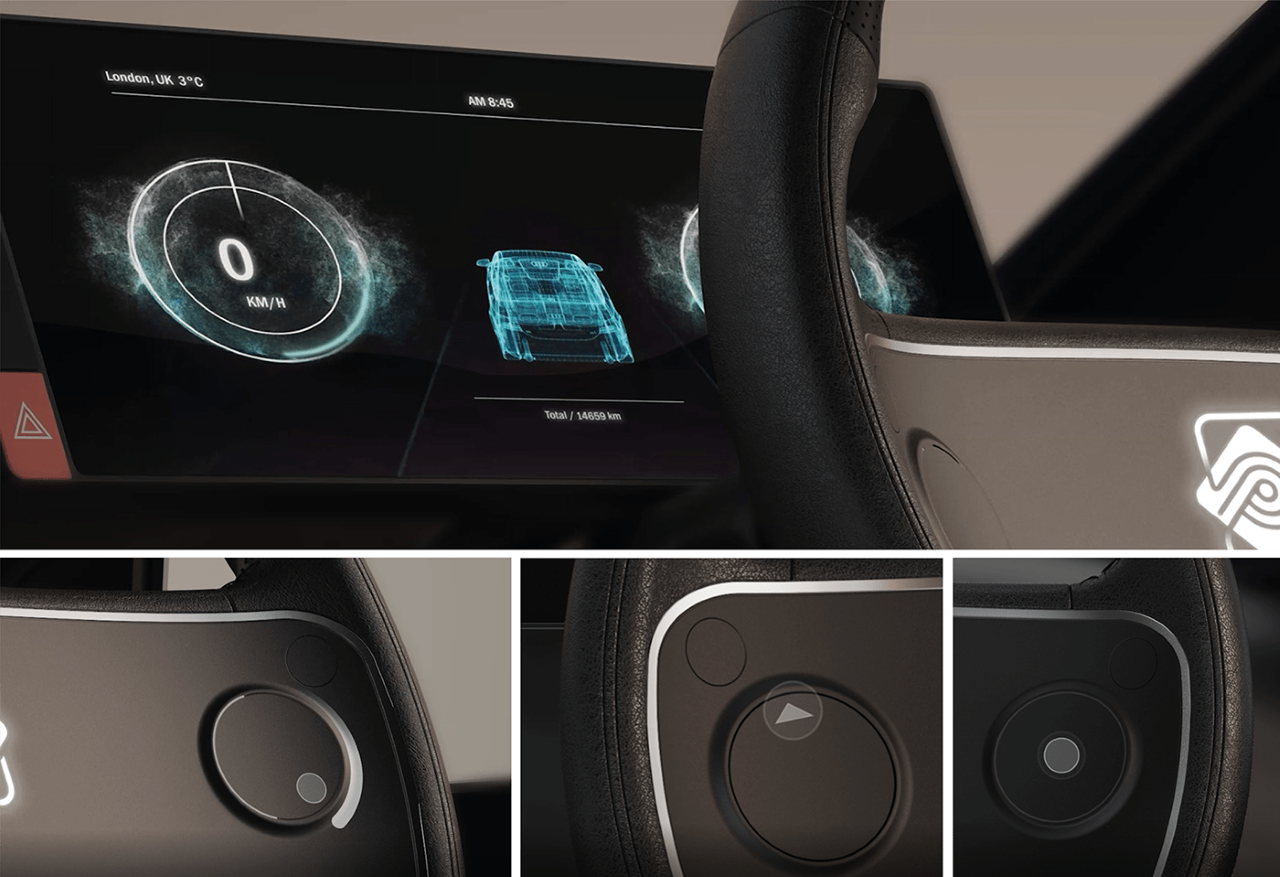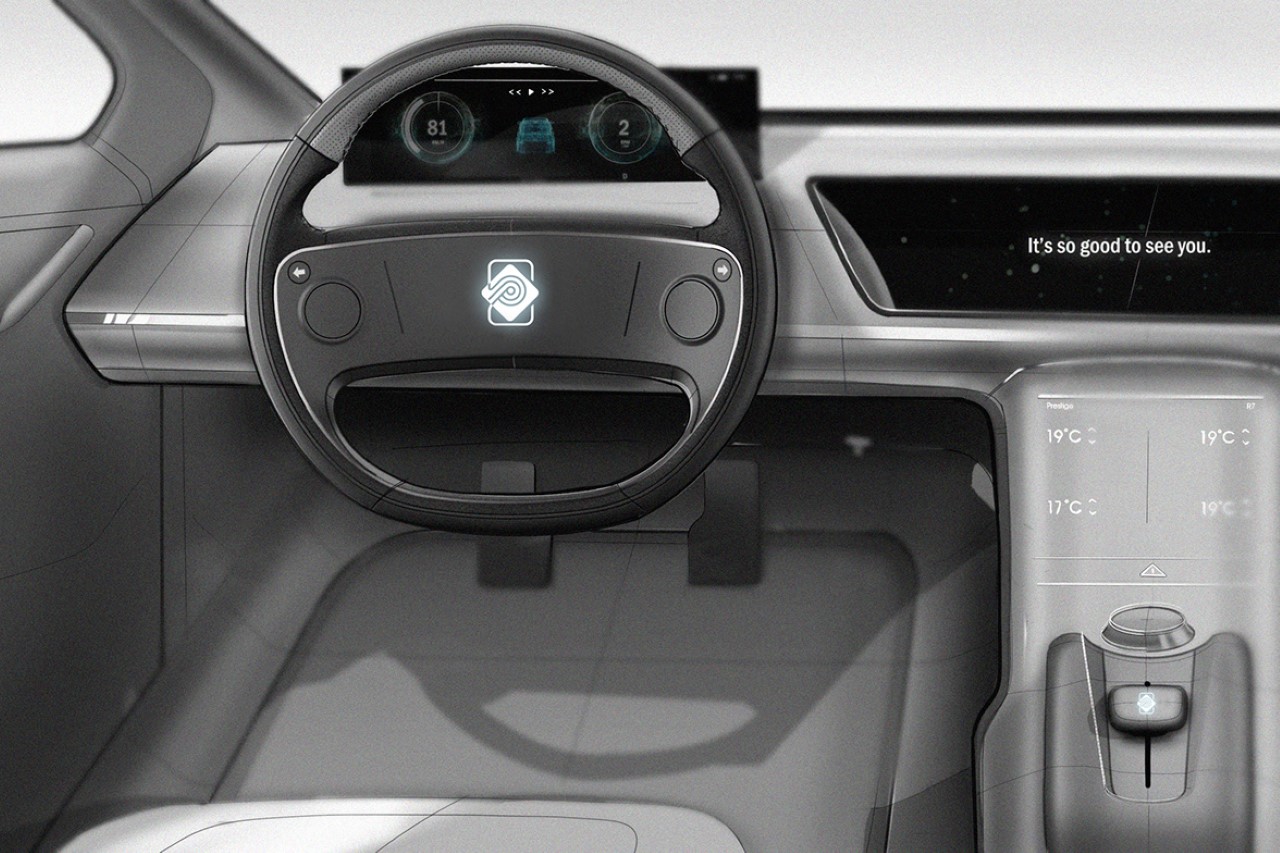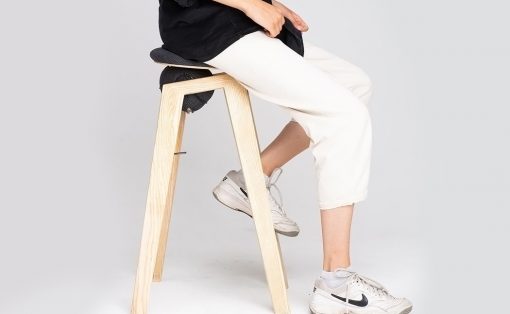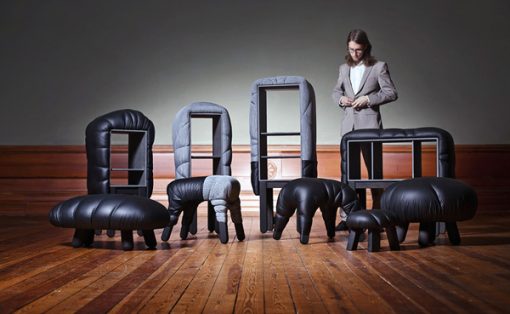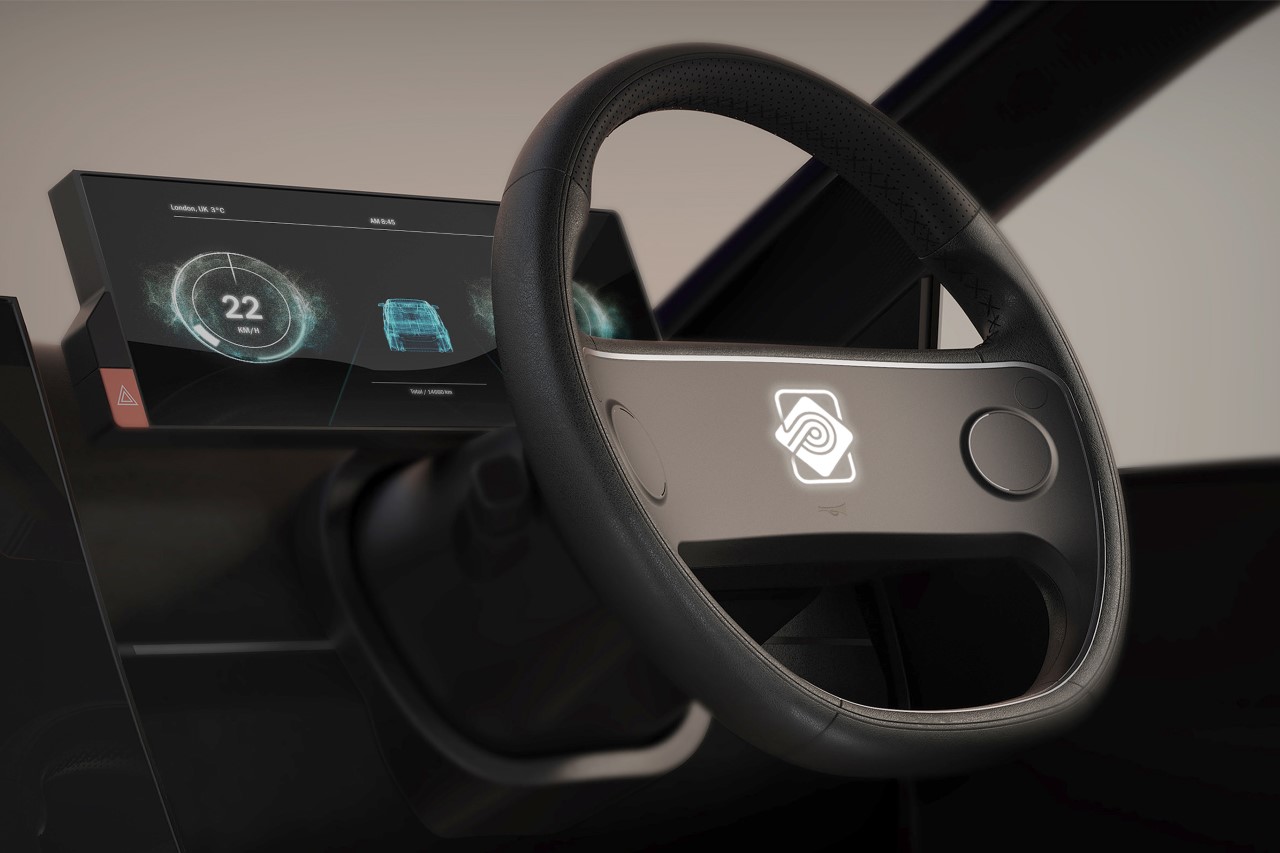
Here’s a fact I definitely didn’t know up until right now. Steering wheels don’t get recycled. They inevitably always end up in landfills, and while almost every part of a car can be stripped for parts, repurposed, refurbished, or recycled, a steering wheel usually isn’t. The ‘Cercle’ changes that. With a design that is both advanced as well as recyclable, the Cercle adopts a circular economy approach to design. It comes with touch-sensitive inputs that bring a cutting-edge experience to your ride… but more importantly, the Cercle can be pulled apart, repaired, and recycled. Internal tech can be swapped out, external housing can be replaced (if broken), all without compromising on the Cercle’s user experience.
Designer: PDR Design
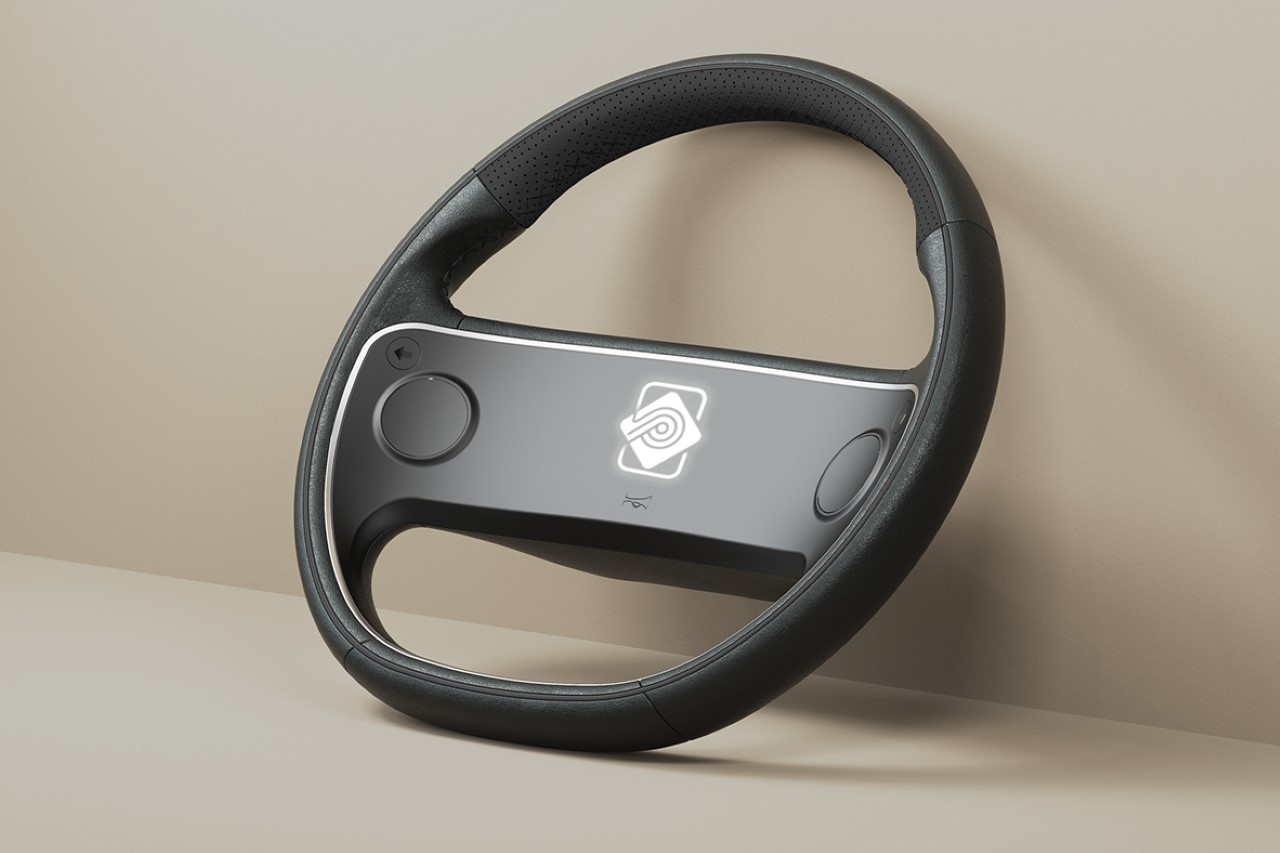
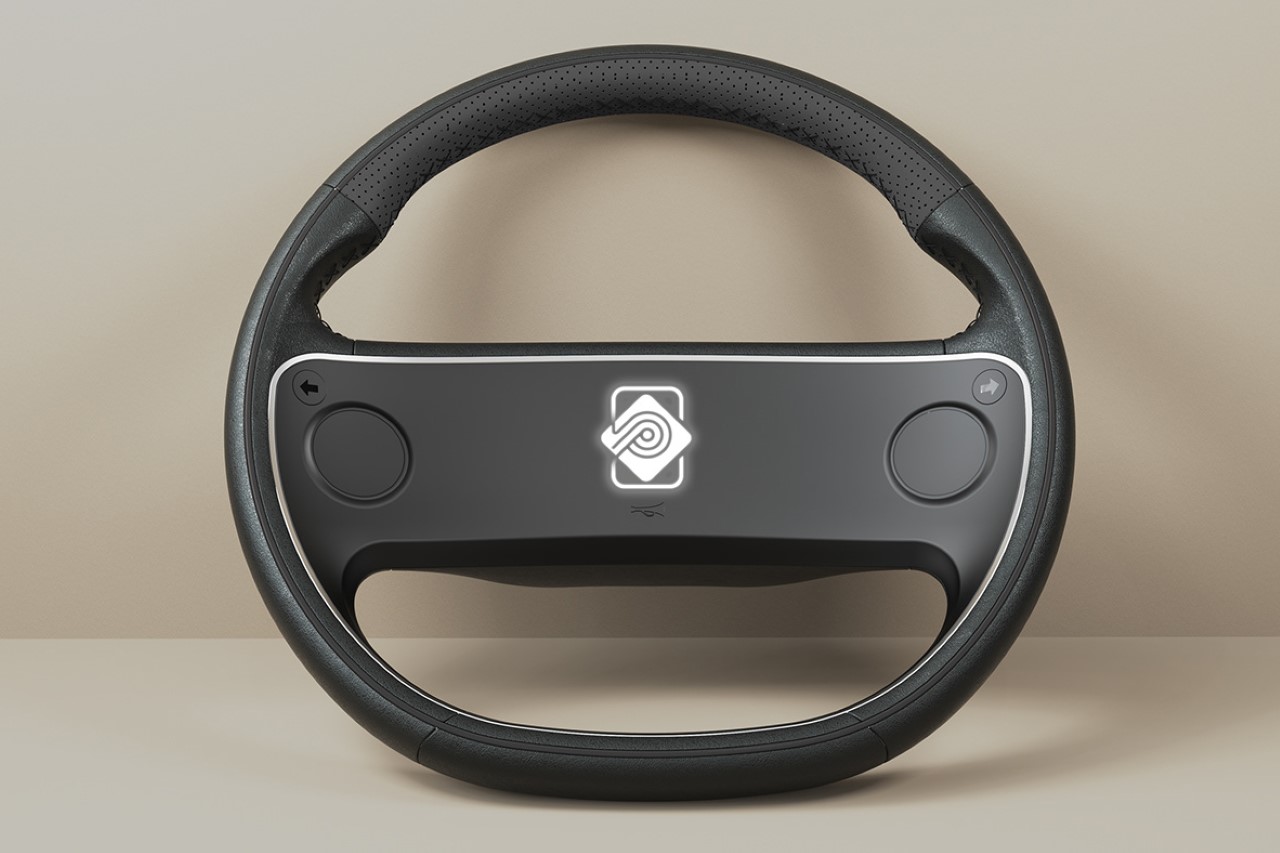
The Cercle upgrades the steering wheel by opting for a sleeker design that gives you haptic touch-based controls right under your fingertips. You’ve got a wheel with a backlit logo in the center, horns on each side, and arrow keys that trigger the indicators.
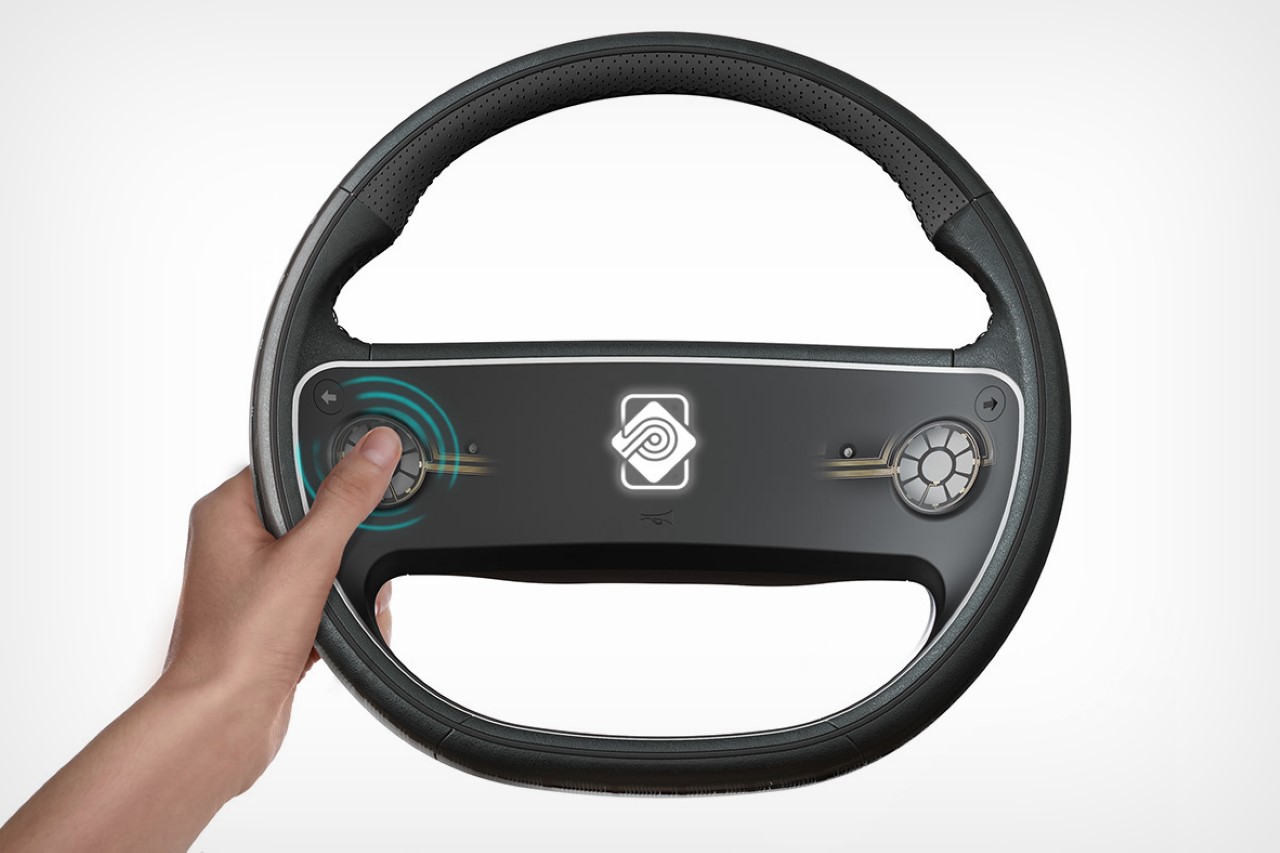
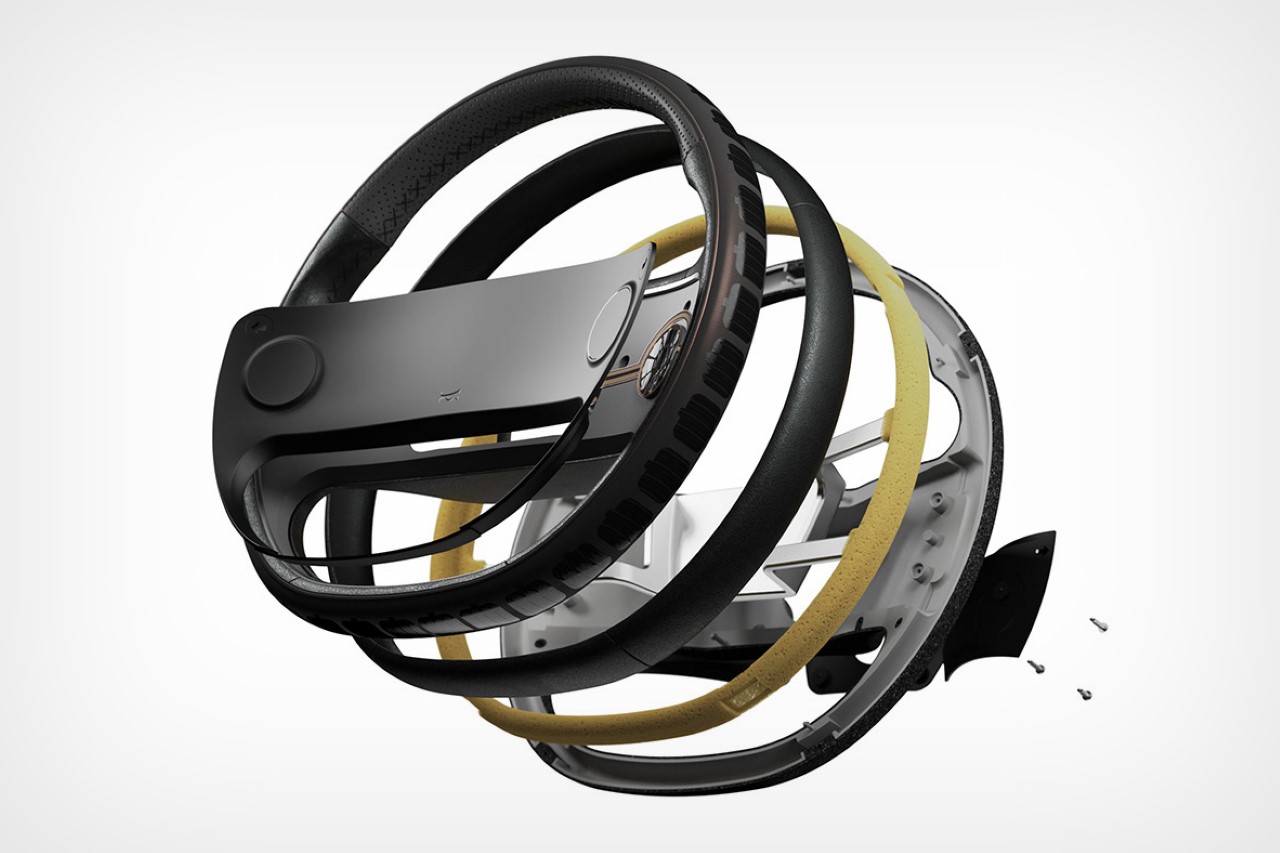
“More than 20 million vehicles reach the end of life each year in the EU and the US”, say the designers. “With their complex, multi-material construction and integrated controls, Steering wheels defy recycling.”
Designers at PDR decided that in order to make the wheel more advanced, it had to be more repairable. The Cercle, to that end, has a design that’s easy to disassemble, repair, and refurbish. It’s hard to imagine a single steering wheel being a standard (just the way seatbelts are an unwavering standard), but Cercle was designed for a speculative world where car brands could just opt for a standard steering wheel design that also happened to be repairable, helping reduce landfill waste.
The Cercle is a winner of the iF Design Award for the year 2022.
